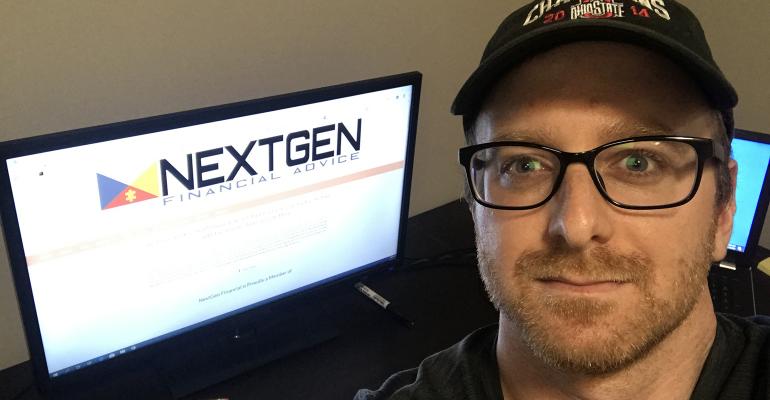When I wrote my first article a few weeks ago, we had been doing distance learning for my kids for a few weeks. Since that time, schools officially have closed for the rest of the year. While I had expected this, and I prepared our kids for it, when the governor made the decision, it did make everyone sad. I still support Minnesota Gov. Tim Walz’s decisions in handling this crisis in a very professional and data-driven manner.
 I’m starting to see more difficulties in continuing web-based learning for my kids. My oldest son who is 13 has become frustrated with school and at times has decided he wants to quit. His baseball season is likely canceled as well as all other social events. My wife and I have to continue to motivate him to finish the school year strong despite the circumstances.
I’m starting to see more difficulties in continuing web-based learning for my kids. My oldest son who is 13 has become frustrated with school and at times has decided he wants to quit. His baseball season is likely canceled as well as all other social events. My wife and I have to continue to motivate him to finish the school year strong despite the circumstances.
My 10-year-old son has autism and has needed increased support to complete his work. He has been doing Webex meetings with his special education teacher a few times a week. Some days are better than others. Last Friday was particularly rough. We had difficulties with a math assignment, which led to a meltdown and him putting a hole in the wall. We are currently in talks with the school about sending him there for additional help. We have three webcam-based therapies a week for my two autistic children on top of the various online video sessions happening for school. It’s not the same as being there in person, but it’s better than nothing.

Brian Jones' 13-year-old son Dylan
My wife, Teresa, a labor and delivery nurse at a nearby hospital, has recently been informed that all labor patients will be tested for the coronavirus. She will go back to work later this week and will be administering the tests to her patients. Within her health system across the Twin Cities metro, several hospitals have been designated to take COVID-19 patients. Her hospital isn’t one of them, but labor and delivery is “front-line” care and presents unique challenges to doctors and nurses. Currently, due to continued social distancing measures, the number of confirmed cases in Minnesota is relatively low compared with other Midwest states. This has given the health care systems more time to prepare and acquire PPE for their workers.
Around my kids’ schoolwork and my wife’s schedule, I’m continuing to serve the clients of NextGen Financial Advice. Being 100% virtual has been a lifesaver in this situation. I’ve acquired some new clients who are seeking more guidance with investing for retirement, and the recent volatility prompted them to reach out to me. People are looking for professional advice when investing no longer is “easy.” At times like this, when there is so much uncertainty, we must remind clients about the value of having a diversified portfolio that aligns to their risks and goals.

Brian Jones' daughters Lucy, 4, left, and Elsa, 5
On the other side of this pandemic, we may lose a lot of small businesses. I’m concerned about the effects on mental health of these business owners and across the general population. While it’s hard on adults to deal with this situation, many children don’t have the skills to process the situation and to overcome their own frustrations. I’m seeing more mental health struggles in my own household as well as in my clients’ homes for both parents and children. Every day is different, and we all have to do the best we can to lift each other up.
Brian Jones is the founder of NextGen Financial Advice. Before entering the financial industry in 2012, he was a pharmaceutical scientist researching experimental medications in various diseases at the University of Toledo and University of Iowa.





